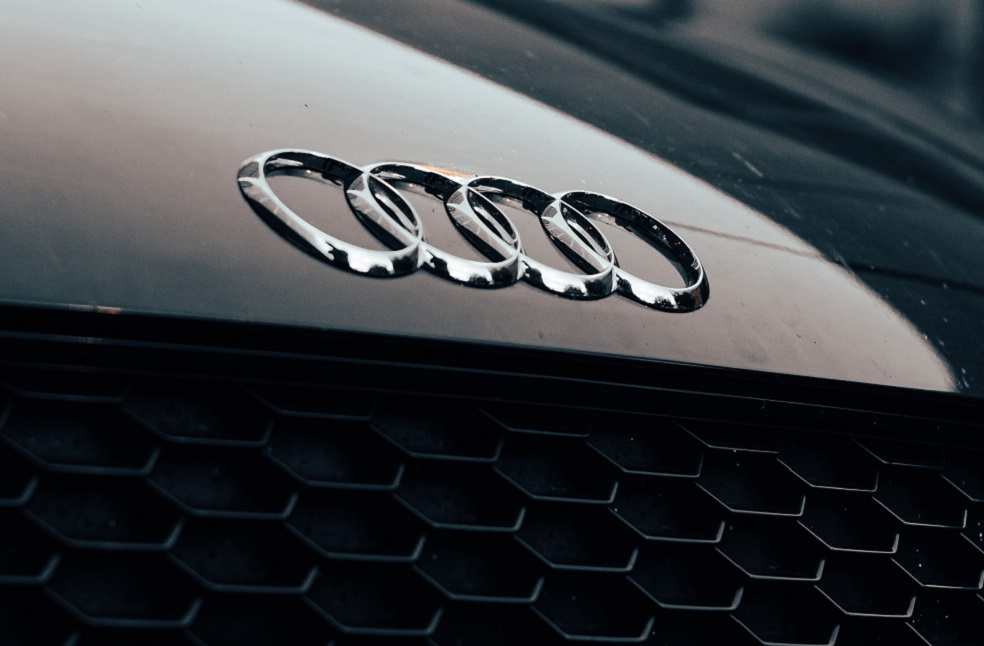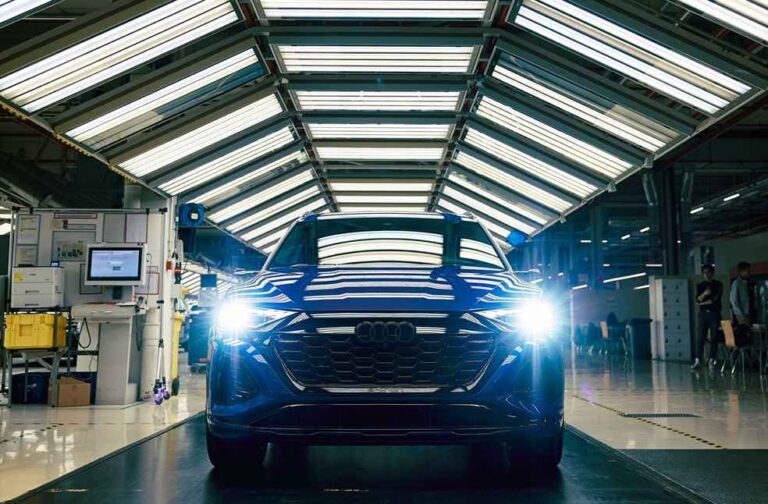Audi has revised its full-year 2025 forecast downward, citing rising cost burdens due to U.S. import tariffs, internal restructuring efforts, and weakening demand across major global markets. On Monday, Audi reduced its financial guidance after declaring a 37.5% decline in first-half profits, also attributing the drop to underperformance in the Chinese market.
The automaker now anticipates annual revenue between €65 billion and €70 billion, lower than its previous estimate of €67.5 billion to €72.5 billion. It has also adjusted its operating margin outlook to 5%–7% and revised its expected net cash flow down to €2.5 billion to €3.5 billion, from an earlier projection of €3 billion to €4 billion.
Additionally, the company, part of the Volkswagen Group, reported post-tax earnings of €1.3 billion ($1.5 billion) for the first half of the year, marking its third consecutive year-over-year drop in profits.

The most recent forecast has yet to reflect the newly established trade deal between the European Union and the United States, finalized just a day prior, which introduces a standard 15% tariff on goods imported from the EU.
Despite ongoing challenges, Audi’s revenue grew by 5.3% in the first half of the year, reaching €32.57 billion, driven by a strong performance in electric vehicle sales. Global deliveries of Audi EVs rose 32% year-over-year to 101,381 units, highlighting the brand’s continued shift toward electrification.

However, overall deliveries of brand declined by 5.9%, totaling 783,531 units. Sales in China dropped 10% amid fierce market competition, while North American deliveries fell 9% due to economic headwinds and model transitions. In Europe, sales slipped 4%, whereas the German market saw a slight uptick of 0.7%.
Earlier this year, Audi revealed plans to eliminate 7,500 jobs in Germany by 2029 and has already accounted for the associated costs. These provisions reduced first-half profits by €600 million. However, initial positive effects from the company’s so-called ‘future agreement’ helped to offset about half of this financial burden.
TRENDING | Samsung to Supply AI6 Chips for Tesla in a $16.5 Billion Deal





